Speciality fertilisers
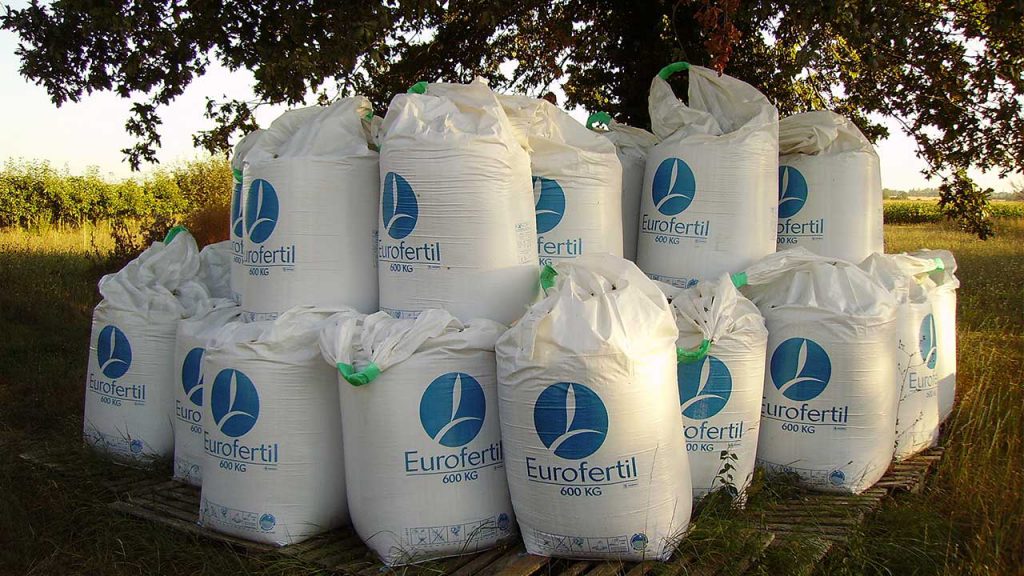
Introduction “Group 3 fertiliser” is a natural or synthetic substance or organism/s that improve/s the growth or yield of plants or the physical, chemical or biological conditions of the soil and does not qualify for registration as a group 1 or 2 fertiliser. This includes: Biofertiliser (Fungi, Mycorrhizae, bacteria) Soil enhancers (water retention) Fulvic and […]
Seeds and seedlings
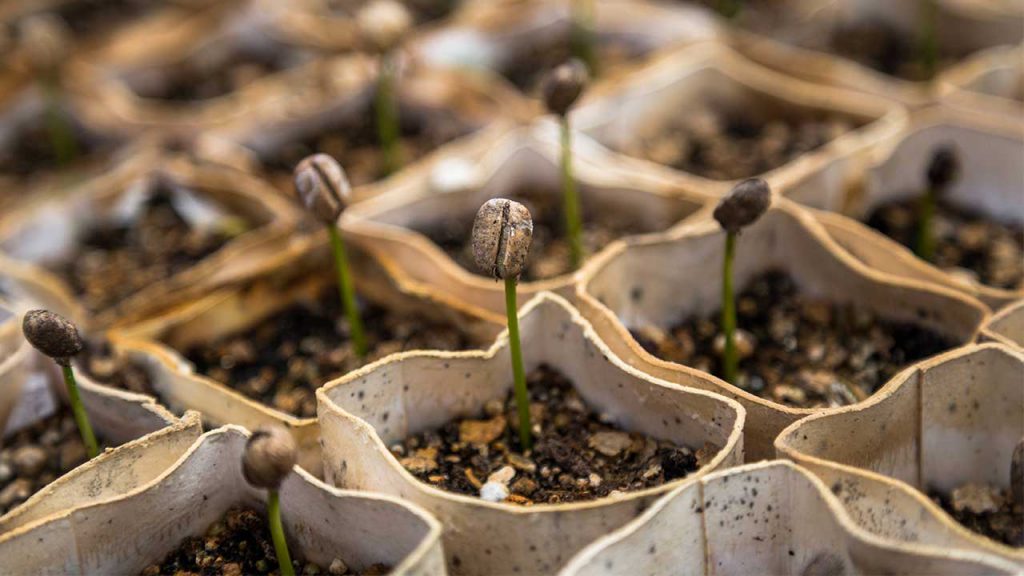
Introduction ASPECTS TO CONSIDER WHEN DECIDING WHAT TO PLANT Environment Make sure the soil is suitable for the proposed crops. Take into account soil depth, texture, acidity and salinity. Study the rainfall and temperature pattern over the various seasons when deciding which crop can be grown successfully at different times of the year. Planting dates […]
Fuels and lubricants
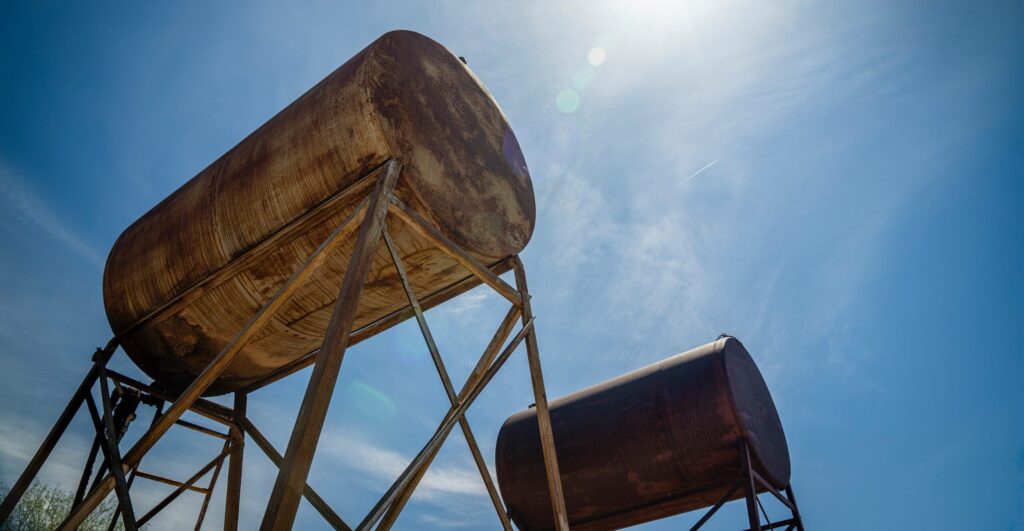
A fuel-tax rebate exists for VAT registered farmers, who can claim money back on their diesel purchases — 40% from the fuel levy and 100% from the Road Accident Fund levy. Find the Diesel Refund Guide, downloadable in pdf format, on www.sars.gov.za. Introduction What kind of engine oil should I use in my farm equipment? The equipment owner […]
Animal health
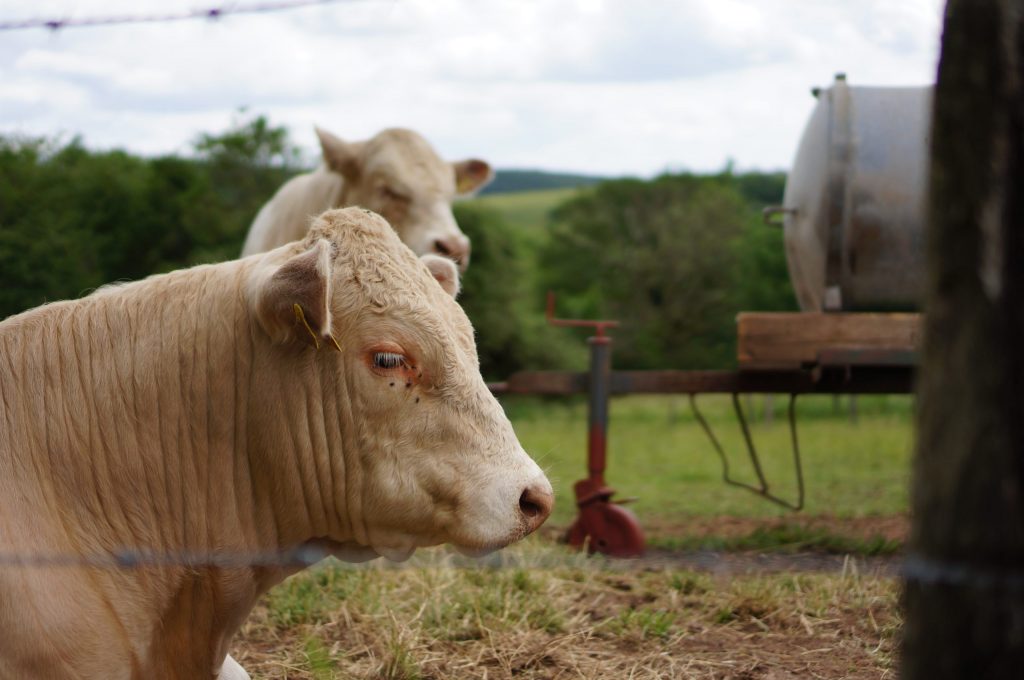
Introduction Animal health includes the use of measures like vaccinations, dosing and dips to safeguard farming enterprises. These precautions amount to less than 7% of the farmer’s total expenditure. To avoid essential preventative treatment and spending is to act unwisely. Animal diseases and parasites are bad news for the economy, to say nothing of human […]
Fertiliser
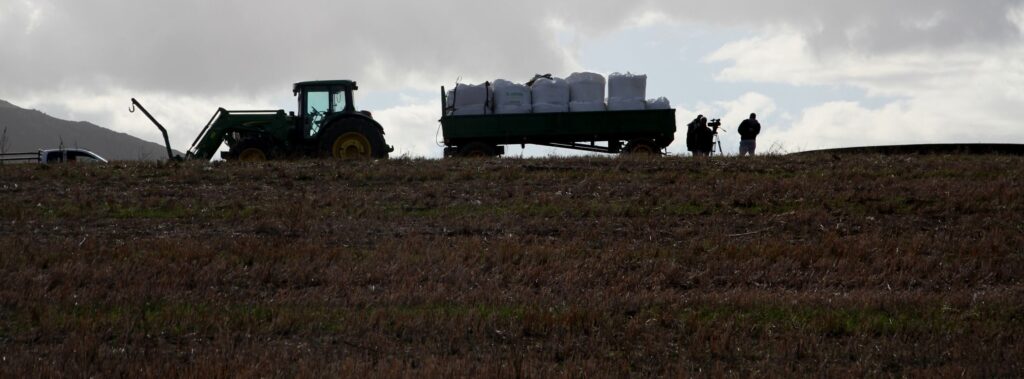
Introduction Fertilisation is a method of improving the nutritional status of the soils, and can be tailored to provide the correct nutritional requirements at the most appropriate time. Fertilisers are food for plants; they contain plant nutrients (nourishing substances), which all plants need to grow and stay healthy. Plants take carbon (C) from the air […]
Earthworms and vermicompost
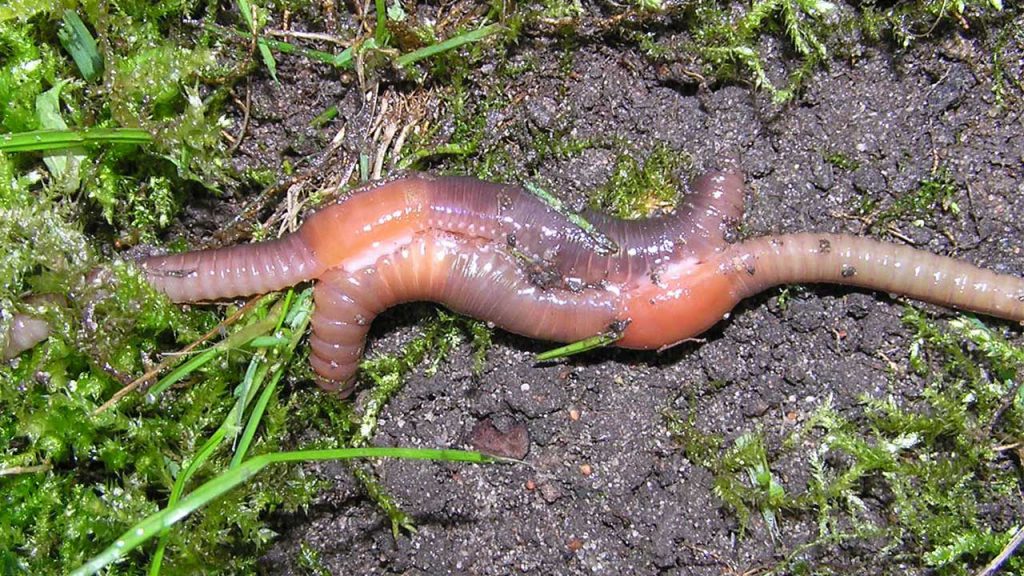
Introduction Nobody really knows how many worm species there are (estimates range from 4 500 to 6 000!) but in agriculture and gardening three distinct genera have been studied and described. These worms are distinguished by their habitat in or on the soil. These genera do not interbreed and will not normally be found in […]
Crop protection
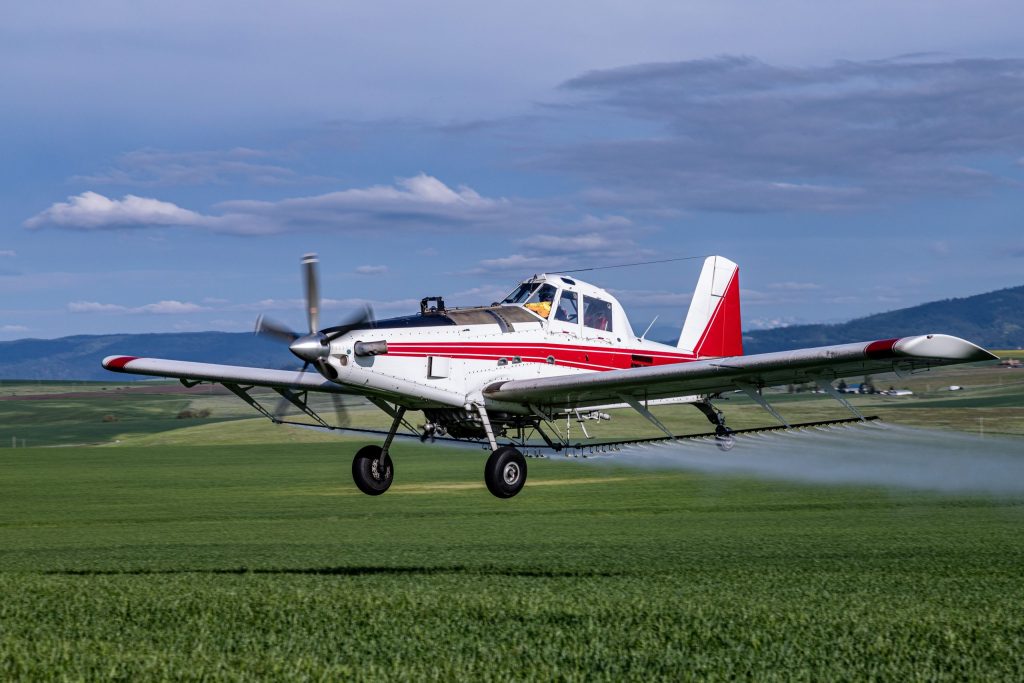
Introduction Chemical crop protection is a worldwide industry with the primary aim to protect and secure safe food production. It is all inclusively referred to as the plant science industry. Products in this industry are commonly referred to as pesticides or agrochemical products, which play a vital role in controlling the pests and diseases that […]
Compost and organic fertiliser
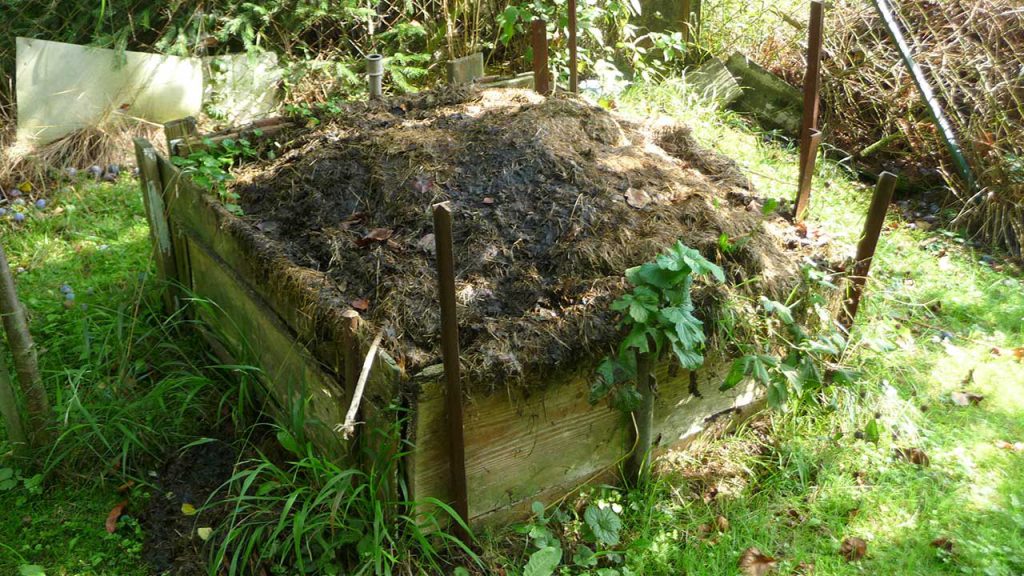
Introduction Compost works best when applied to the soil before planting. Compost can also be used as mulch – the protective cover placed over the soil to keep moisture in, reduce erosion, provide nutrients and prevent weed growth. Advice on saving water on the farm usually includes (1) Use more mulch and compost combos and […]
Chemicals in agriculture
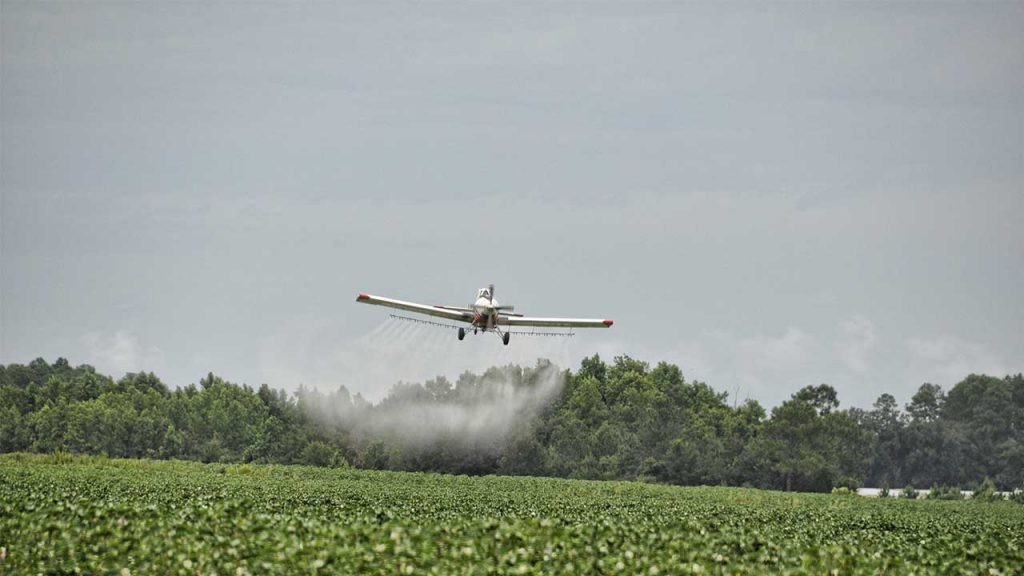
Introduction Agrochemicals are an intervention that assists farmers grow their product – be it fruit, grain, vegetable or livestock – and for use in the various forms of processing and post-harvest treatments. Choosing the right chemicals can be bewildering, and a wrong choice can lead to marketing and financial problems. The misuse of agrochemicals too […]
Biocontrol
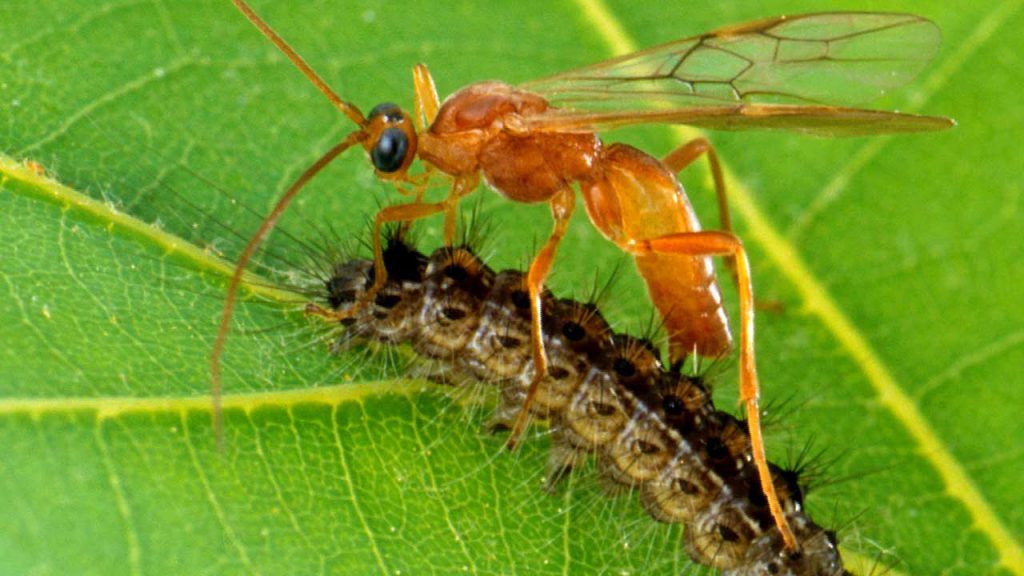
Introduction Biological control involves the use of a pest’s own natural enemies (parasites, predators and pathogens) – whether introduced or otherwise manipulated – to suppress the pest populations to an acceptable level. The word “pest” is used here in a broad sense, which includes diseases, insects, mites, nematodes and weeds and/or invasive alien plants. While […]
